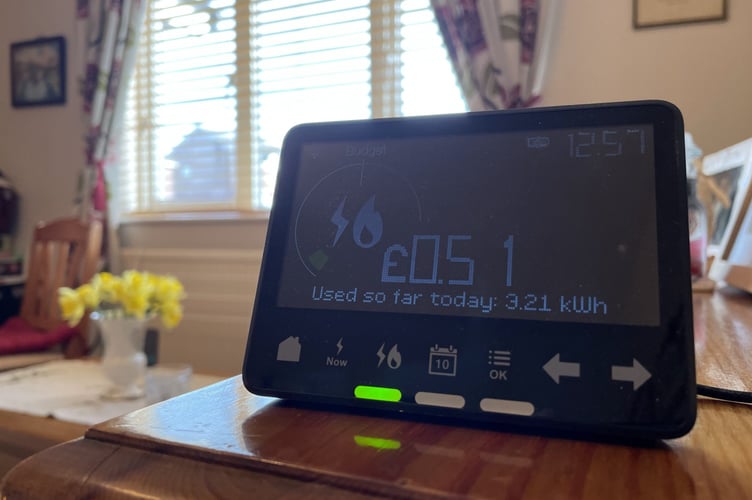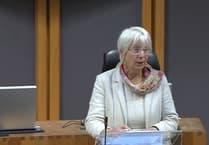“LONG term solutions are needed to keep the heating on so people can be healthy and safe at home”, MSs have heard, with almost half of households in Wales unable to afford to heat their homes.
At a Senedd plenary session on 6 November, Dwyfor Meirionnydd MS Mabon ap Gwynfor, Plaid Cymru’s shadow health minister, said about 30 per cent of excess winter deaths can be linked to living in cold homes.
He told members that low-income households often have to pay a “poverty premium” for their energy as they are likely to be on a more expensive prepayment meter.
Mr Gwynfor said: “It is clear that long-term solutions are needed to keep the heating on so people can be healthy and safe at home, and prevent illnesses that are linked to the cold and the resulting hospital admissions.”
Fellow Plaid Cymru MS Sioned Williams told the chamber that latest estimates show maintaining a warm home is unaffordable for 614,000 households in Wales.
The South Wales West MS raised concerns about “frightening, shameful” statistics which show that nearly 100% of low-income households are in fuel poverty.
She told the Senedd it is unacceptable that so many families are being denied their human right to live in a warm and safe home.
Ms Williams criticised the Welsh Government over delays to the Warm Homes programme, its main lever for tackling fuel poverty, which may not be up and running by winter.
She also raised concerns about the energy price cap increasing by £100 from January.
Ms Williams said: “Fuel poverty was a problem in Wales long before the current energy and cost-of-living crisis.
“These recent crises have demonstrated how defenceless communities in Wales are when it comes to energy costs.”
Delyth Jewell, Plaid Cymru’s deputy leader, argued that privatisation of the energy market has failed, describing it as a “ridiculous” notion.
“They just sell it on at an extortionate rate to citizens who are increasingly unable to pay,” she said.
“Keeping warm, keeping the lights on should never be seen as a luxury. It is a basic necessity, and our society is failing in its moral duty to protect people from harm.”
Jane Hutt, responding for the Welsh Government, said vulnerable and low-income households are facing a particularly bleak winter.
She told MSs that ministers are determined to protect frontline services and support those most in need despite an “extremely challenging” financial settlement from Westminster.
Ms Hutt said the Welsh Government’s discretionary assistance fund has supported more than 100,000 individuals with £15.6m in grants between April and September this year.
She added that £4.5m has been allocated to the Fuel Bank Foundation to introduce a national fuel voucher scheme for households in Wales.
The social justice minister stressed that many of the powers that can make the biggest difference lie with the UK Government.




